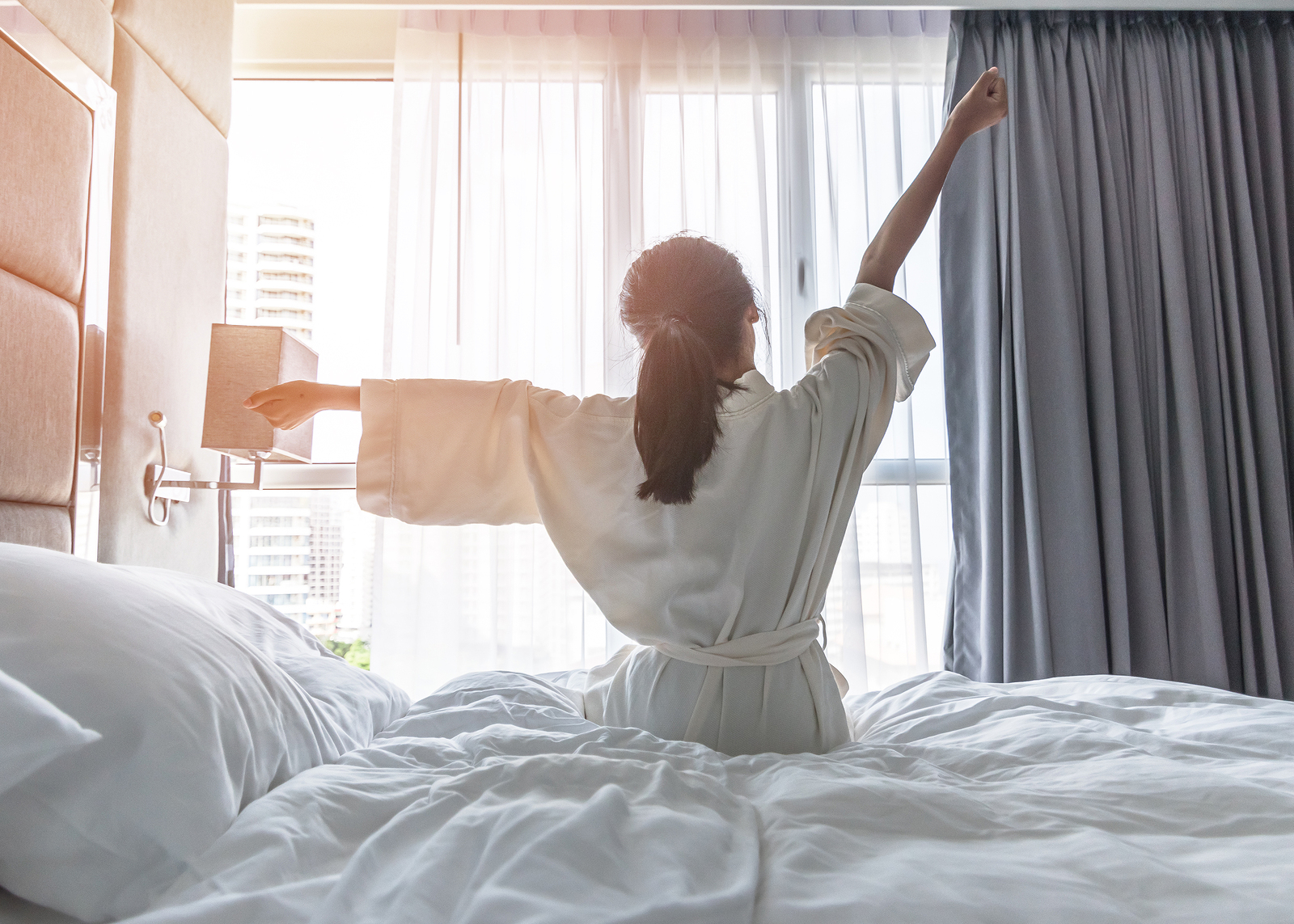Can you remember the last time you had a good night’s rest? Were things drastically different in your life? Maybe it’s been so long you can’t recall the last time you slept soundly. Whatever your personal experience with sleepless nights, you’ve undoubtedly searched online late at night looking for answers that may help. Ironically, engaging with your electronic device in those moments is not helping you.
What if I told you there were some proven lifestyle changes you could make that may increase your ability to sleep well? Granted, many who struggle sleeping have other factors that need to be checked out; however, if you are currently unaware of a more serious issue causing your restless nights, consider incorporating some of the following changes.
- Set your clock: Set an alarm thirty minutes before you want to go to bed so that you can remind yourself to shut off electronic devices and start to unwind. Try to go to bed at the same time every night.
- Skip that afternoon pick-me-up: Limit caffeine intake about six hours before bedtime. Also limit alcoholic drinks to no more than two in a sitting.
- Set the mood: Your bedroom should be an oasis; you should have dark shades covering all windows, no noise, and the temperature should be set between 68° and 72°F.
- Do not disturb: Flashing screens and the light on cell phones and iPads stimulate our brains and make it difficult to relax. Ideally, you should step away from tech two hours before bedtime. At the very least, turn on “Night Shift” if your phone has that capability and when you do put your phone down, set it for “Do Not Disturb.”
- Incorporate “You” time: Set bedtime rituals. Warm baths, listening to relaxing music, and reading before bed are just a few examples. Getting into a nightly routine will signify to your brain when it’s time to start relaxing and preparing for sleep.
- Skip the midnight snack: Ideally you should eat about three to four hours before bedtime to allow you body the chance to digest and fully relax.
- Use your bed only as a bed: Doing work or other stressful activities while in bed can make it difficult for your brain to relax when it’s time to sleep. Go into a different room or least off your bed so that when your body hits the mattress, your brain knows it can start to relax.
- Get moving: Exercising on a regular basis is not only good for your body and overall health but also for your sleep! A solid thirty minutes of daily exercise can make a huge difference in quality of sleep.
- Avoid naptime: Skip that afternoon catnap. Napping during the day can make it difficult to fall asleep at night, making you more tired the next day…it’s a never-ending cycle! If you really feel like you need to recharge, don’t nap for longer than twenty minutes.
If, after incorporating these lifestyle changes you still have trouble falling asleep, waking up regularly during the night, and/or are experiencing snoring, you might have a sleep disorder. Waking up not feeling refreshed is not natural and might be an indicator of a more serious problem. Contact us and we’ll help you figure out your next steps to a better night’s rest!
